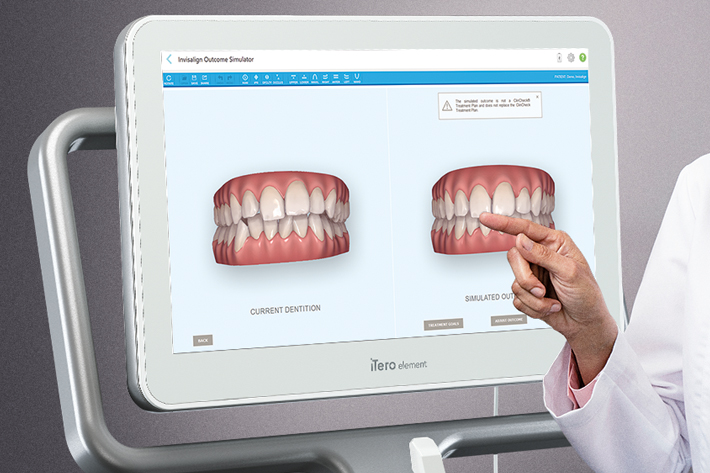More and more families are finding themselves without dental insurance. The good news is there are some simple steps you can take to help protect your teeth and your bank account. Ignoring dental care can end up being very expensive and dangerous to your overall health. For those without dental insurance, keep this advice in mind. Original post from Expert Beacon

Do
Don’t
Do
Do brush and floss your teeth daily
To keep your teeth clean and healthy, brush at least twice a day, once in the morning and once at night. If you are really good, brush three times a day, after each meal. Brushing and flossing are very simple ways for you to prevent tooth decay, keep your gums healthy and help keep your teeth clean and white. Use only soft bristle brushes and angle the brush at the gumline moving the brush in a gentle circular motion. Get all the way back to the back teeth on the tongue, cheek, and biting surfaces. Floss on both sides of the teeth in between the teeth. Practicing preventative daily care will also avoid the need for costly dental care.
Do think about what you are eating and drinking
Your diet can impact your dental health. Everyone knows that candy, sugary gum and other treats aren’t healthy choices, but when it comes to your teeth the most damage can come from sipping sodas, energy drinks, and juices all day long. Sip water instead, and fill the recommended “eight, eight ounces a day”. Drink the sodas with meals, if you must, to avoid the constant attack of sugar throughout the day.
Do visit your dentist twice a year
While you may have to pay out of pocket for dental exams, x-rays, and cleanings, those twice a year appointments with your hygienist can actually save you money in the long run. When you schedule those appointments, ask to have a fluoride treatment. Adults benefit from having fluoride as much as children do. It helps in preventing new and recurrent decay around old fillings and the sensitivity we may develop as we get older. Fluoride really does strengthen the teeth, it’s a fact.
Do ask if you can skip the x-ray
If you have been in the habit of visiting your dentist regularly and don’t have a history of cavities, you may not need to have x-rays done every time you go for a check-up. If you are taking good care of your teeth between appointments, you and your dentist may decide on a 12-24 month interval for the “in between teeth cavity detecting” x-rays. Just ask.
Do negotiate a payment plan or fees
Patients that do not have insurance, still have options. Most offices offer a cash courtesy for payment received the day of service without having to bill to insurance. Payment plans may also be available over a short period of time. And most offices participate with some financing companies, such as Carecredit, offering 6-12 months interest free plans. Remember, if you have insurance you are paying premiums, and sometimes those premiums are more than what you would pay if you just paid cash for the preventive services. Call your dental office staff and ask for your options. Also, if you are flexible, you can offer to fill-in a broken appointment for a reduced cost. Most dentists would much rather fill the time, than have an opening in the middle of the day. When a patient is actively involved with regular dental care, dental professionals will always try their best to help and work with you financially.
Don’t
Do not forget to brush your teeth before bed
No matter how busy or tired you are, brush your teeth before going to bed. While you sleep, the sugar you have sitting on your teeth from the day combine with the bacteria in your mouth and form the acid that eats at your teeth during the night. So brush that sugar and bacteria away and have fresh breath, which is a bonus for a happier love life!
Do not eat late night snacks
If you have brushed your teeth, do not sneak back into the kitchen to satisfy that late night craving or rumbling tummy. This will not only pack on the pounds, it will completely undo the benefits of your earlier evening brushing.
Do not clench or grind your teeth
Clenching and grinding your teeth can cause some serious dental problems like TMJ, loose or chipped teeth, or an overall wearing or breakdown of the teeth. Stress will manifest itself in many ways, and this is unfortunately a common one. To stop this habit the first step is to be aware of what you are doing. Then, seek out ways to relieve stress. If you still have problems in this area, ask your dentist about getting a mouth guard to wear at night.
Do not use your teeth as tools
Your teeth are meant for chewing food. They are not for opening packages, closing small metal objects, biting off tags from new clothes, or opening a beer. Eventually, you will damage a tooth or teeth and find yourself in need of some serious repair.
Do not miss or skip appointments
Most dentists and physicians have policies if you miss a scheduled appointment, where you will be charged a minimum fee of $25 to $50. So if you make an appointment, make sure to go. If you are thinking about skipping your twice yearly check-ups to save money, think again. When you skip out on preventative care you run a much greater risk of tooth decay and gum disease, which can lead to more expensive dental treatments and more serious and costly health risks including heart disease and stroke.
